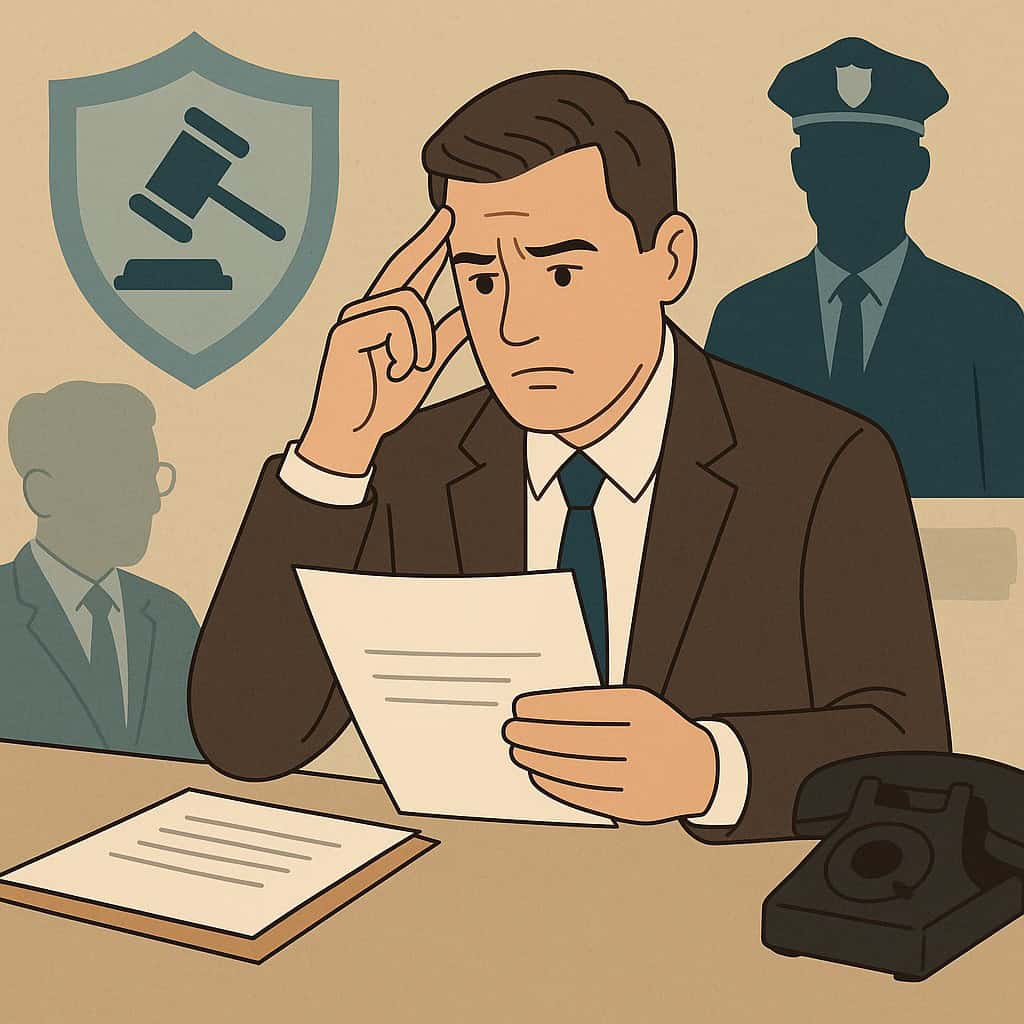Accusations of identity theft can catch you off guard and bring stress. When accused, you must take immediate action to protect yourself. First, stay calm. Understand that panic won’t help. Then, gather your facts. Collect records, emails, or messages that relate to the accusation. This information helps show your innocence. Next, contact law enforcement. Reporting the situation to the police shows that you take the matter seriously. They can guide you through the process. Additionally, consider speaking with a lawyer like Tad Nelson. An attorney can provide legal advice and help defend your rights. Remember, this situation may be daunting, but remaining composed and taking decisive steps will lead to resolution. Through diligent actions and seeking proper guidance, you can navigate this challenging situation effectively. Utilize these steps to clear your name and protect your identity from further unauthorized use. Your proactive approach is crucial in addressing the issue.
Understanding Identity Theft
Identity theft happens when someone uses your personal information without your permission. Thieves might use this information to open accounts, apply for loans, or commit fraud in your name. It’s important to recognize the signs early, like unexpected bills or unfamiliar charges. By spotting these signs quickly, you can act faster to stop further damage.
Immediate Steps to Take
After contacting law enforcement, you should notify your bank and credit card companies. Inform them about potential fraudulent activity. They can place alerts on your accounts, helping protect you from additional theft. Then, get in touch with the three major credit bureaus: Experian, TransUnion, and Equifax.
Consider placing a fraud alert or credit freeze on your reports. A fraud alert warns creditors to verify your identity before opening new accounts in your name. A credit freeze prevents potential creditors from accessing your credit report altogether, which can stop fraudulent accounts from being opened.
Monitoring Your Credit
Regular credit monitoring is essential. Check your credit report for unfamiliar activity. You are entitled to one free report each year from the three major bureaus through AnnualCreditReport.com. Reviewing these reports can help you spot errors or unauthorized actions.
Comparison of Fraud Alert and Credit Freeze
| Aspect | Fraud Alert | Credit Freeze |
| Duration | 1 year (renewable) | Until you remove it |
| Cost | Free | Free |
| Effect | Creditors see a warning | Credit report is inaccessible |
| Impact on Your Credit | None | None |
Repairing Your Reputation
Recovering from identity theft takes time. Keep detailed records of your actions and communications. This includes copies of police reports, letters to credit bureaus, and any correspondence with financial institutions. A clear paper trail can be invaluable if you need to contest fraudulent activity.
Preventing Future Incidents
To safeguard against future threats, follow best practices for protecting your personal information. Shred documents with sensitive data before discarding them. Use strong, unique passwords for online accounts and change them regularly. Be wary of phishing scams and avoid clicking on suspicious links or providing personal information through email.
You might also consider enrolling in identity theft protection services. These services often monitor your personal information and alert you to suspicious activity. While they cannot prevent identity theft, they can provide an additional layer of security.
Conclusion
Facing accusations of identity theft is challenging but manageable. Taking swift, informed actions can make a significant difference in resolving the situation. By understanding the steps involved and seeking the right support, you can protect your identity and restore your peace of mind. Remember, your proactive stance is key in resolving accusations and preventing future instances of identity theft.








